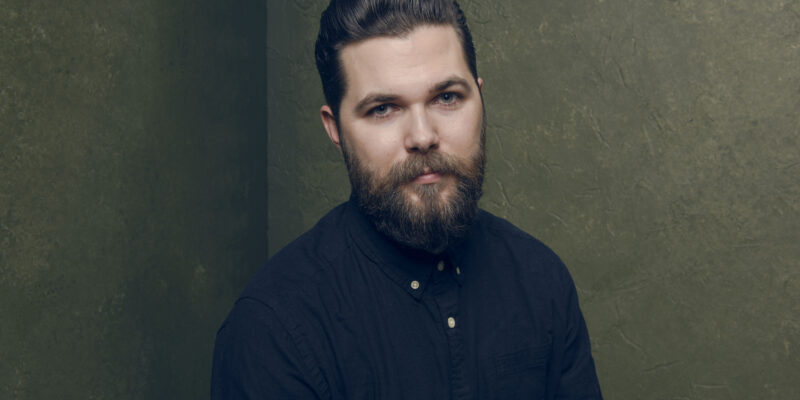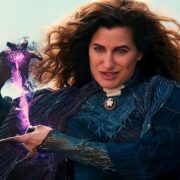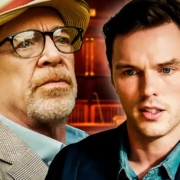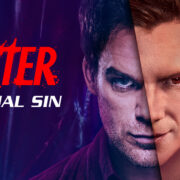Robert Eggers has become a celebrated name in contemporary cinema, known for his meticulous attention to detail and his ability to craft atmospheric narratives. His work resonates with both critics and audiences, positioning him as a modern auteur in the film industry. In this article, we’ll explore Robert Eggers’ career, his unique approach to filmmaking, and his influence on the industry.
Early Life and Inspiration: The Beginnings of Robert Eggers
Born in Lee, New Hampshire, in 1983, Robert Eggers grew up immersed in the arts. His early exposure to theater and literature deeply influenced his creative sensibilities. Eggers studied at the American Musical and Dramatic Academy in New York, where he honed his skills in acting and stage design. However, his passion for storytelling and visual artistry led him to transition from theater to film.
Eggers’ background in stage design and production gave him a distinct advantage as a filmmaker. His ability to create authentic and immersive environments became one of his trademarks, setting the stage for his eventual rise in Hollywood.
Breaking Through with “The Witch”
Robert Eggers made his feature film debut with The Witch (2015), a psychological horror film set in 17th-century New England. The movie garnered widespread acclaim for its historical accuracy, haunting visuals, and chilling atmosphere.
Eggers’ commitment to authenticity was evident in every frame. From the use of natural lighting to period-accurate dialogue, he transported viewers into the world of Puritan settlers grappling with isolation and superstition. The film’s success cemented Eggers as a filmmaker to watch and earned him the Best Director award at the Sundance Film Festival.
Why The Witch Stood Out
- Historical Accuracy: Eggers extensively researched the period, drawing from diaries and folklore to craft a believable narrative.
- Atmospheric Storytelling: The eerie setting, combined with a slow-burn narrative, created an unsettling experience that lingered long after the credits rolled.
- Compelling Performances: Anya Taylor-Joy’s breakout performance as Thomasin added depth to the film, further solidifying Eggers’ reputation as a director with an eye for talent.
Expanding His Vision: “The Lighthouse”

After the success of The Witch, Robert Eggers pushed the boundaries of his creativity with The Lighthouse (2019). This psychological thriller, starring Willem Dafoe and Robert Pattinson, delved into themes of isolation, madness, and mythology.
Shot in black-and-white and presented in a nearly square aspect ratio, the film was a technical marvel. Eggers’ decision to use vintage lenses and film stock mirrored the era in which the story was set, enhancing its authenticity. The film’s sound design and score further amplified its claustrophobic tension.
Key Themes in The Lighthouse
- Madness and Isolation: The film explored the mental toll of isolation through its two characters, whose volatile relationship spiraled into chaos.
- Mythological Undertones: Drawing from maritime lore and Greek mythology, Eggers infused the narrative with symbolic depth.
- Experimental Storytelling: Eggers took risks with nonlinear storytelling and ambiguous plot elements, challenging audiences to interpret the film’s meaning.
“The Northman”: A Historical Epic
In 2022, Robert Eggers tackled his most ambitious project yet with The Northman, a Viking revenge saga. This epic film showcased his evolution as a filmmaker, blending historical authenticity with action-packed sequences and mythological elements.
Starring Alexander Skarsgård, Anya Taylor-Joy, and Nicole Kidman, the film was praised for its grand scale and visual splendor. Eggers worked closely with historians and archaeologists to ensure the accuracy of the Viking-era setting, from costumes to architecture.
What Makes The Northman Unique
- Epic Storytelling: The film combined a Shakespearean revenge narrative with Viking mythology, creating a rich and layered story.
- Immersive Visuals: Eggers’ use of natural landscapes and practical effects brought the harsh world of the Vikings to life.
- Collaborative Approach: Eggers worked with Icelandic poet Sjón to craft authentic dialogue and story elements, reflecting the culture of the era.
The Signature Style of Robert Eggers
Robert Eggers has developed a distinct style that sets him apart from other filmmakers. His dedication to authenticity, combined with his willingness to experiment, has made his films both challenging and rewarding for audiences.
Hallmarks of Eggers’ Filmmaking
- Historical Precision: Eggers’ commitment to accuracy extends to every aspect of production, from language to set design.
- Atmospheric Tension: His films often feature slow-building tension, creating an immersive experience.
- Collaborations with Actors: Eggers has a knack for eliciting powerful performances, working closely with actors to bring his characters to life.
- Mythological and Folkloric Influences: Drawing from history and mythology, Eggers weaves deeper themes into his narratives, giving his films a timeless quality.
The Influence of Robert Eggers on Modern Cinema
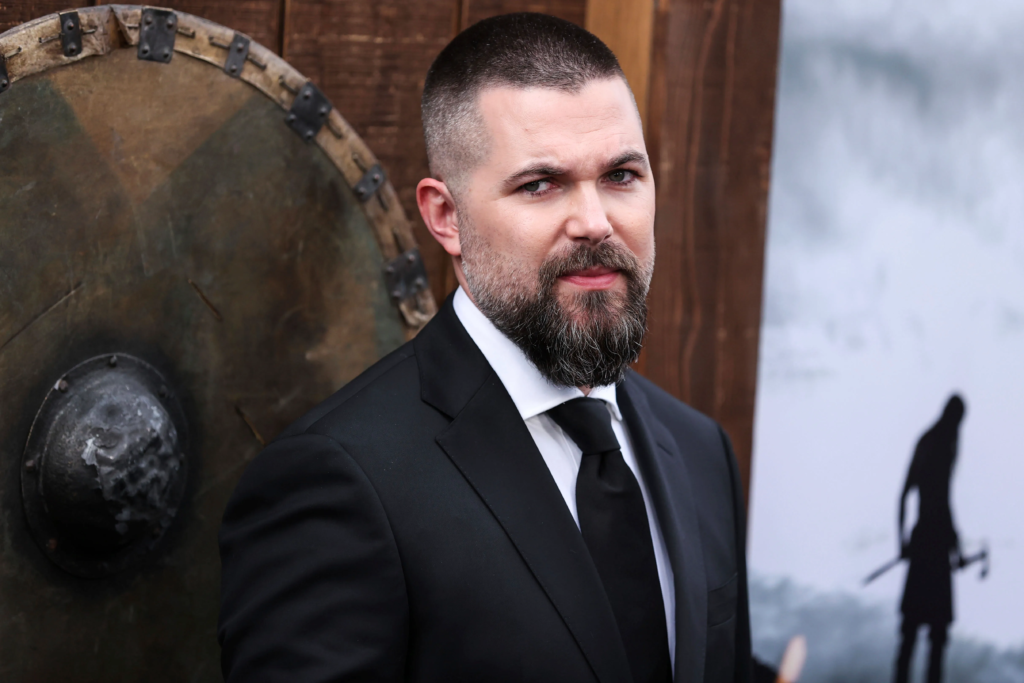
In an era dominated by franchises and blockbusters, Robert Eggers stands out as a filmmaker who prioritizes artistic vision over commercial trends. His work has inspired a new wave of directors to embrace authenticity and creativity in their storytelling.
Eggers’ films challenge audiences, encouraging them to engage with complex themes and unconventional narratives. His success demonstrates that there is still a place for auteur-driven cinema in a landscape often overshadowed by formulaic productions.
Conclusion: The Legacy of Robert Eggers
As a director, writer, and visionary, Robert Eggers has redefined what it means to create immersive, thought-provoking cinema. From the chilling horror of The Witch to the epic grandeur of The Northman, his films are a testament to the power of meticulous craftsmanship and bold storytelling.
With each new project, Eggers continues to push the boundaries of filmmaking, leaving an indelible mark on the industry. Whether you’re a film enthusiast or a casual viewer, exploring the works of Robert Eggers is an invitation to experience cinema at its finest—a blend of art, history, and imagination.


